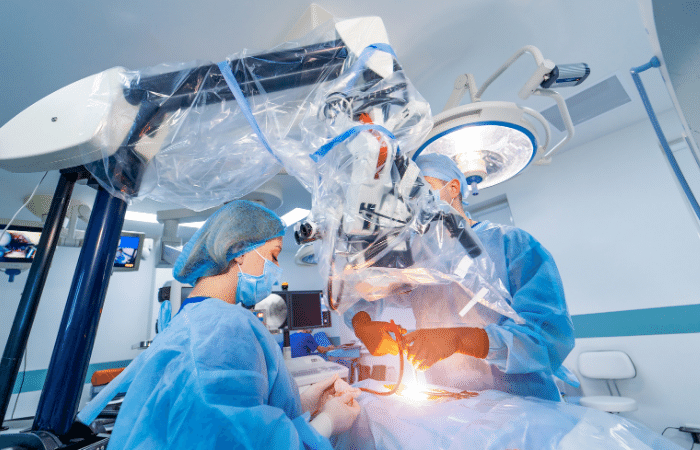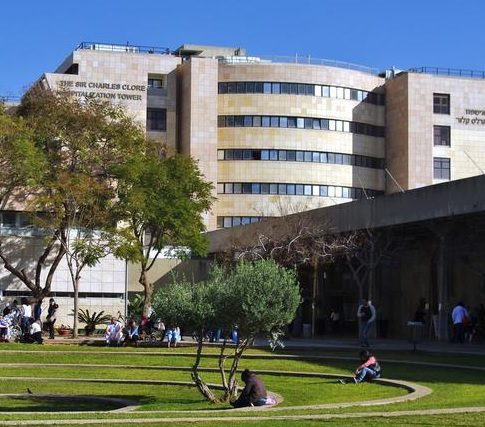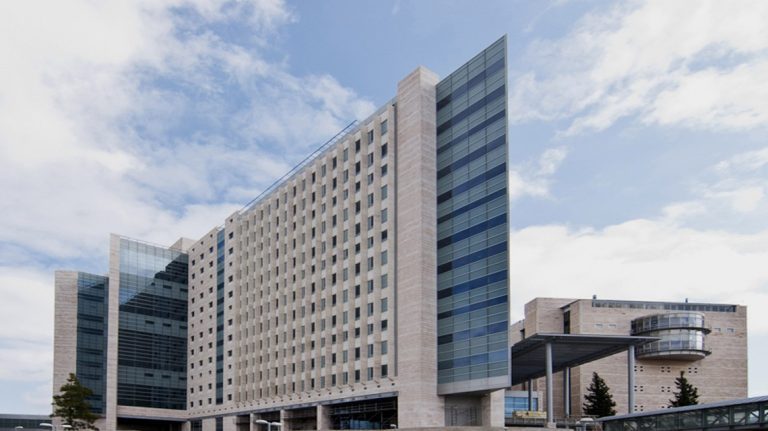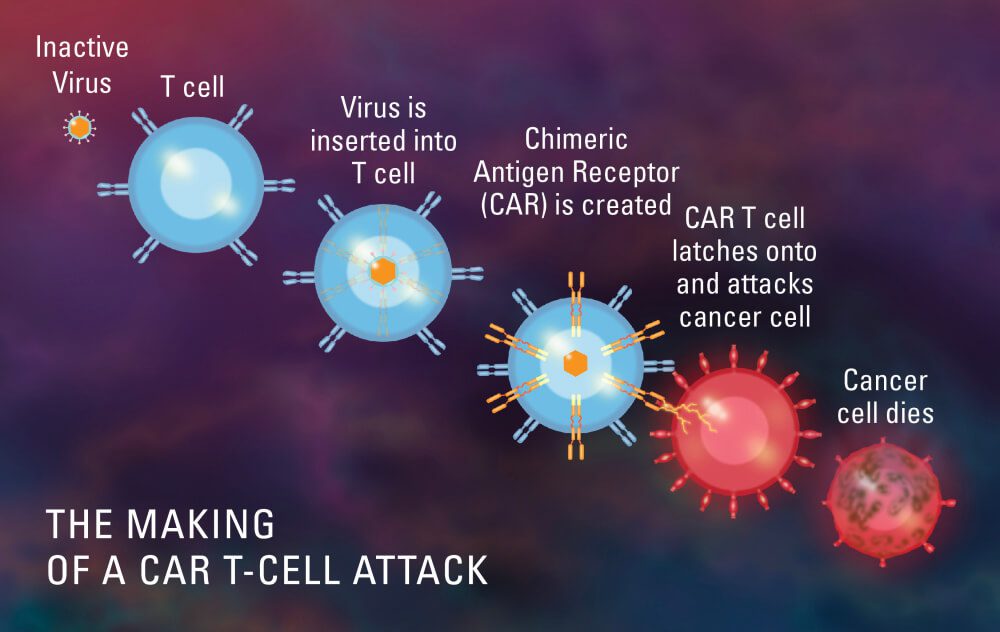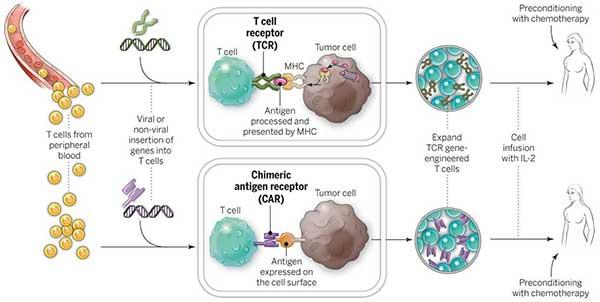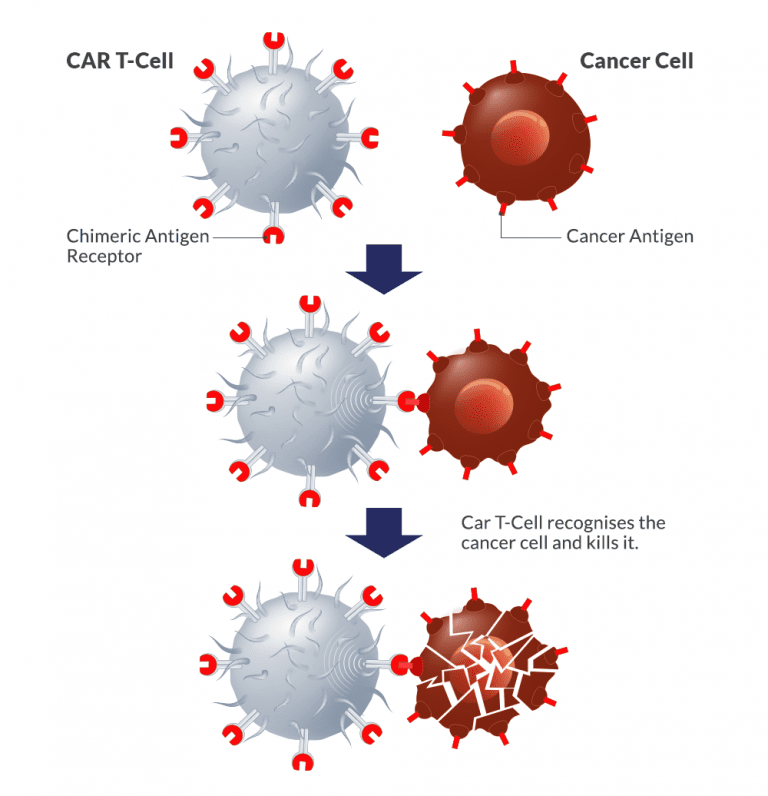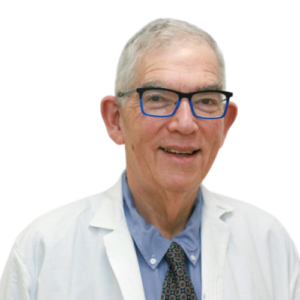
Dr. Arnon Nagler (MD, MSc)
CAR T-Cell therapy
Profile: Arnon Nagler, served for many years as a director of both the Division of Hematology and the Bone Marrow Transplantation and Cord Blood Bank at the Chaim Sheba Medical Center, and Professor of Medicine at The Tel Aviv University, Israel.

Dr. Amos Toren (MD, PhD)
Pediatric Hematology
Profile: Prof. Amos Toren is the Director of the Pediatric Hemato-Oncology and BMT Division, certified in Pediatrics, General Hematology and Pediatric Hemato-Oncology. He served as the Head of the division of Hematology at Sackler School of Medicine Tel-Aviv University for 2 terms.

Dr. Ben Yehuda (MD, PhD)
CAR T-Cell therapy
Profile: Prof. Dina Ben-Yehuda, head of the Hadassah Medical Organization’s Department of Hematology, has been named Dean of the Hadassah-Hebrew University Faculty of Medicine–the first woman to have the position.



